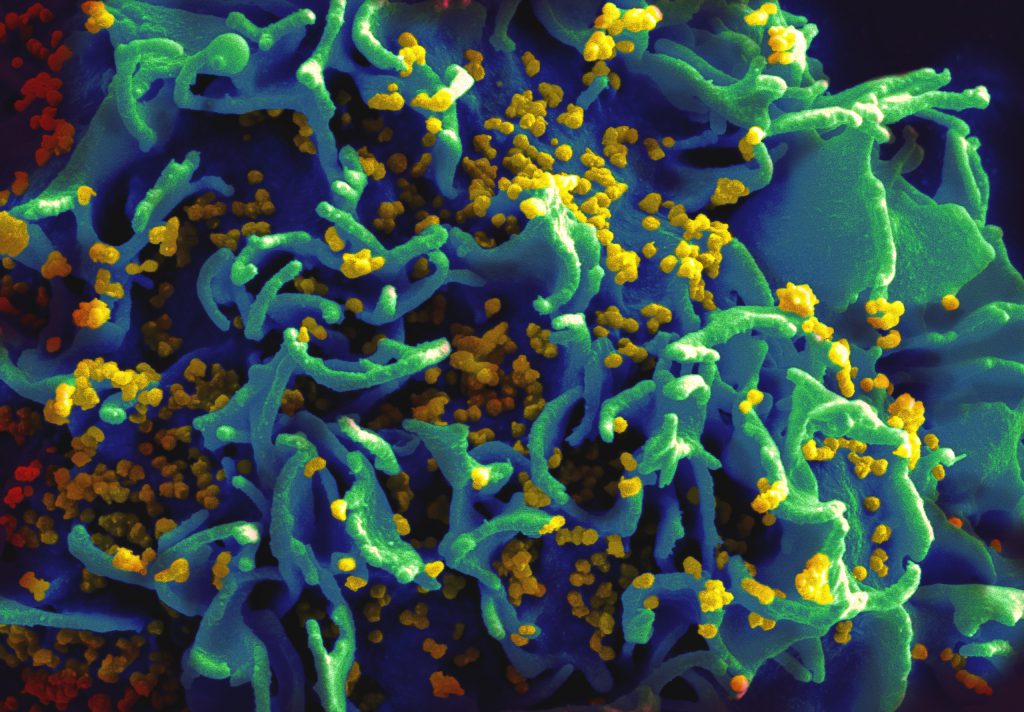Patients with HIV manage their disease by taking daily pill-based antiretroviral therapy (ART). While the regimen is fairly effective, the daily dosing schedule can be a burden on patients, potentially making it difficult for them to adhere to the medication.
Now, researchers from the University of North Carolina have shown that a monthly ART injection could be as effective – or even more effective – compared to standard ART at preventing HIV from once again becoming infectious. The researchers presented their findings at the International AIDS Society Conference in Paris, France, and published in The Lancet.
A recent two-year clinical trial conducted by the researchers found that of the HIV-positive participants who were treated with the long-acting therapy, 94 percent had an acceptably low level of circulating HIV in the blood. These patients were dosed with the injectable every eight weeks.
When administered on a monthly basis, 87 percent of the patients responded to the injectable therapy, compared to 84 percent for patients prescribed traditional ART pills. The study is ongoing.
“This is a big step forward,” Mahesh Mahalingam of the United Nations Programme on HIV/AIDS, told New Scientist. “It will help remove the challenge of taking tablets every day and significantly improve the quality of life of people living with HIV.”
The treatment includes a combination of two antiretroviral drugs – cabotegravir and rilpivirine – to produce its long-lasting effect. According to Peter Williams, a representative from Janssen, one dose could last more than 48 weeks as the drugs are designed to be slowly released into the bloodstream from the site of injection.
According to Williams, in addition to being a more convenient method of drug delivery, the injectable drug could also be a more discreet way for patients to get the ART they need. While two people dropped out of the clinical trial, the majority of the participants preferred the injection over taking pills.
“To me, this is a step in the direction we’ve been leaning for some time,” said Anthony Fauci of the US National Institute of Allergy and Infectious Diseases in Maryland. “It’s most beneficial for people who have difficulty sticking to their pill treatment. This way, you don’t run out of anything.”












Join or login to leave a comment
JOIN LOGIN